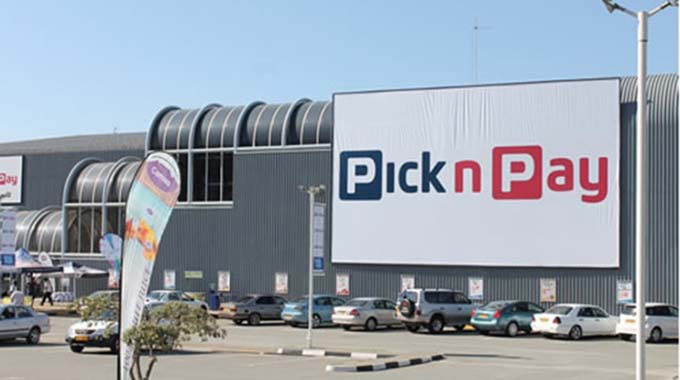EDITORIAL COMMENT: Consumers must reward the fair

Shoppers now know which retailers they can trust and which they cannot after the reactions to the unnecessary panic last week, fuelled by unsubstantiated rumour and malevolent wishful thinking, which saw some outlets grossly overcharging and hoarding while others rode out the storm with quiet confidence and competence.
TM-Pick n Pay, OK Zimbabwe, Mohammed Mussa and some others simply retained their standard mark-up policy, which meant almost all of their prices did not alter and fought the scalpers and hoarders by limiting quantities of the dozen or so goods that some tried to buy in bulk to sell at a huge profit later.
As a result, most of their customers managed to buy what they needed, and at the normal price. These outlets even retained special promotions.
These retailers have proved that it was possible to be fair, treat customers as adults and rely on a reputation of having a customer-service orientation with fair profits to maintain and grow their businesses.
Their customers now know that if a price for a particular item rises it is because the supplier increased the cost, not because the retailer is trying to profiteer.
This will serve them well with the “2c tax” which will increase costs along the supply chain, some of which may have to be passed on to final buyers.
But their customers will know that any increase is likely to be fair and the absolute minimum. At least one major chain did join the panic and ripped off all prices from the shelves.
Their customers cannot be impressed and many might well have joined the crowds at the better-managed supermarkets. We hope so.
Consumers have a great deal of power. No one is forced to buy from a particular shop or buy a particular brand. We can choose. And we now think consumers should use their power more effectively in their individual decisions over what we buy and where we buy it.
We can start by looking at what happened last week and reward those who acted fairly and sensibly by giving them our custom.
This benefits us, because we will probably get the lowest prices and certainly miss out on profiteering, and benefits the retailers, because they will definitely know that customers are king and appreciate those who treat them properly.
Some have predicted that the new “2c tax” could cut consumer demand by up to 5 percent as it adds to costs along the value chain, including the payment by the final consumer which will not appear in any cost-of-living statistics. But any cut in demand does not have to be spread equally.
Those with enhanced reputations of customer service may well see their businesses continue growing because they will be taking market share from those who tried to gouge their customers by taking advantage of artificial shortages caused by hoarding and scalping.
Manufacturers and other suppliers should also be sensitive to changes in consumer demand and preferences and be ready to respond by giving the fair retailers more preference when there are odd hiccups in the supply chain.
And when they hear that a retailer is gouging customers by gross overcharging, suppliers might want to think of what that does to their own reputation.
The fuel business also showed who can be trusted. By yesterday many service stations had supplies, but just half-a-dozen vehicles waiting to reach the pumps.
The supply chain had obviously been sorted out and most vehicle users in Zimbabwe probably now have something close to a full tank. In other words things are back to normal.
But during the short panic we again saw service stations acting fairly, some going to the extreme of banning jerrycans to ensure that scalpers were not supplied.
These stations sold the fuel as it arrived at the correct price and allowed customers to use whatever payment method they preferred.
Others, regrettably, tried to insist on payment in cash or even US banknotes, or pretended they had run out of stock in order to feed the black market.
Here Government has already promised to investigate and take back licences from those who cheat. We hope those promises will be kept. Meanwhile, consumers can decide where they want to buy their fuel.
In the end temporary glitches can be ridden through. And such glitches can be minimised if consumers use their power and give their business to those who see customers as essential partners, not as sheep to be shorn.











Comments